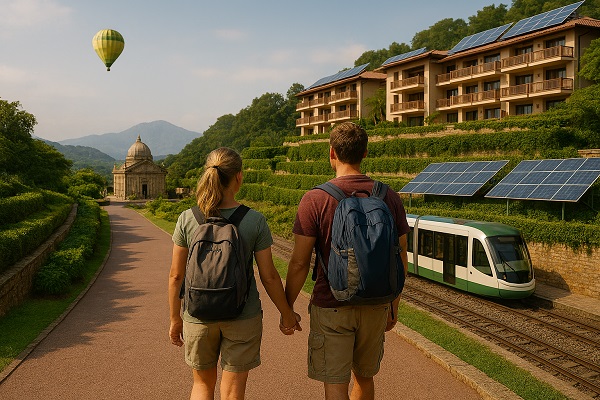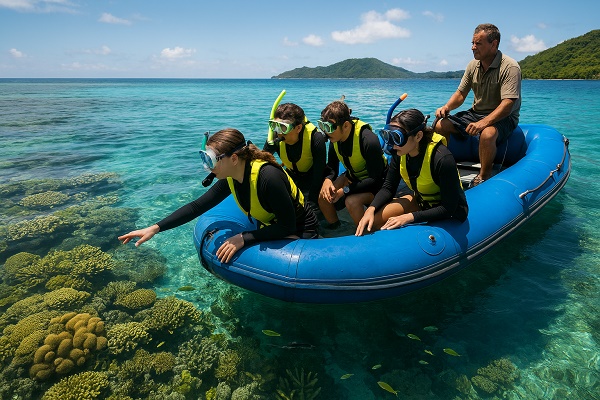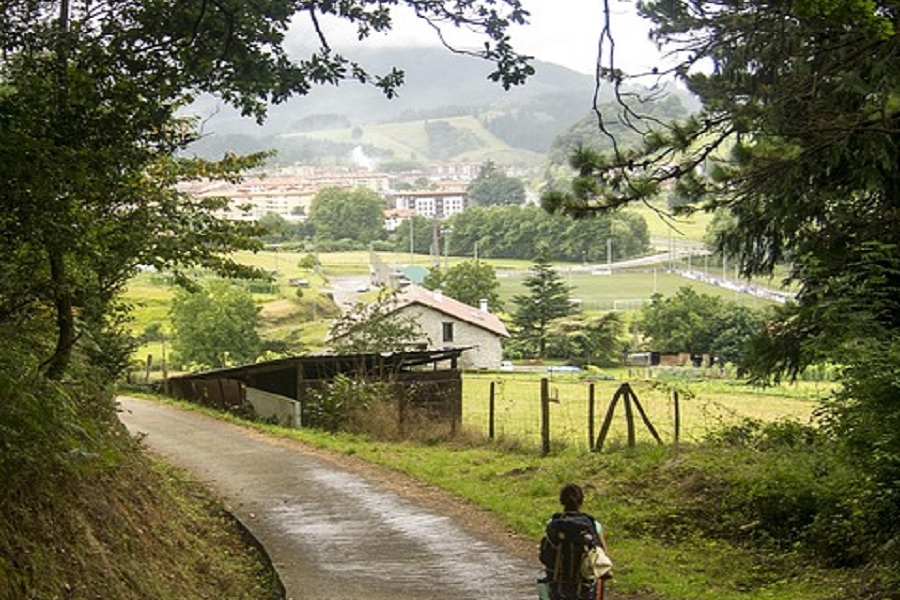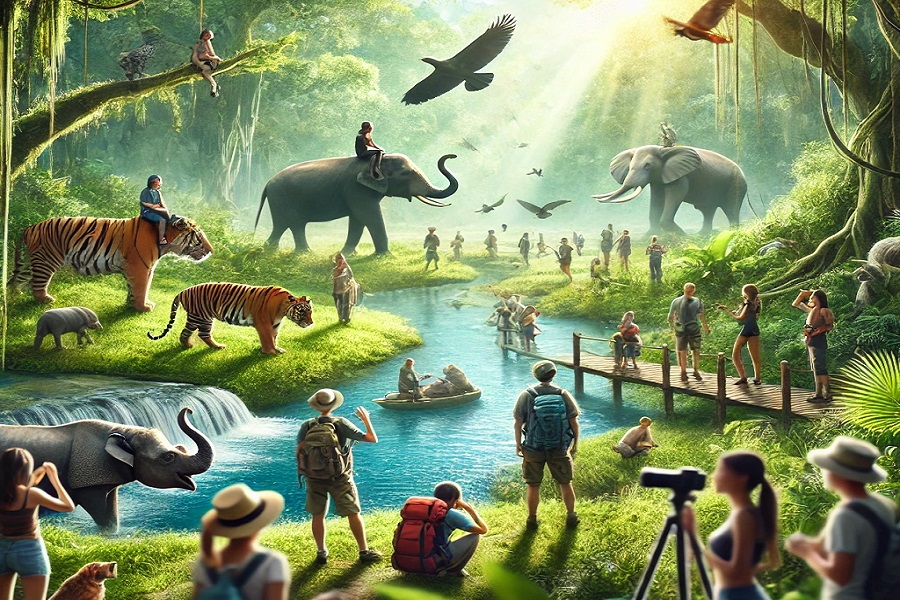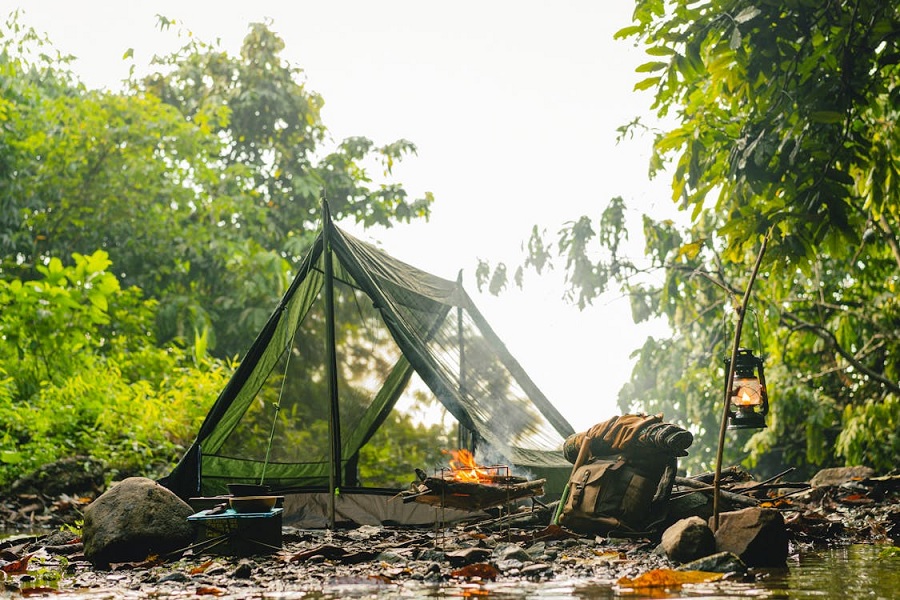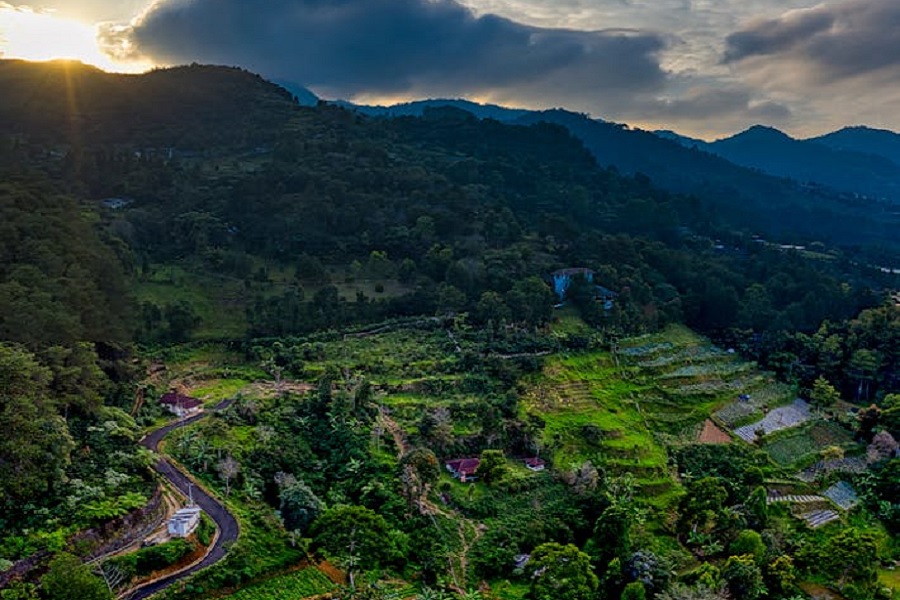Exploring Sanctuaries, Conservation Parks, and Sustainable Travel That Puts Wildlife First
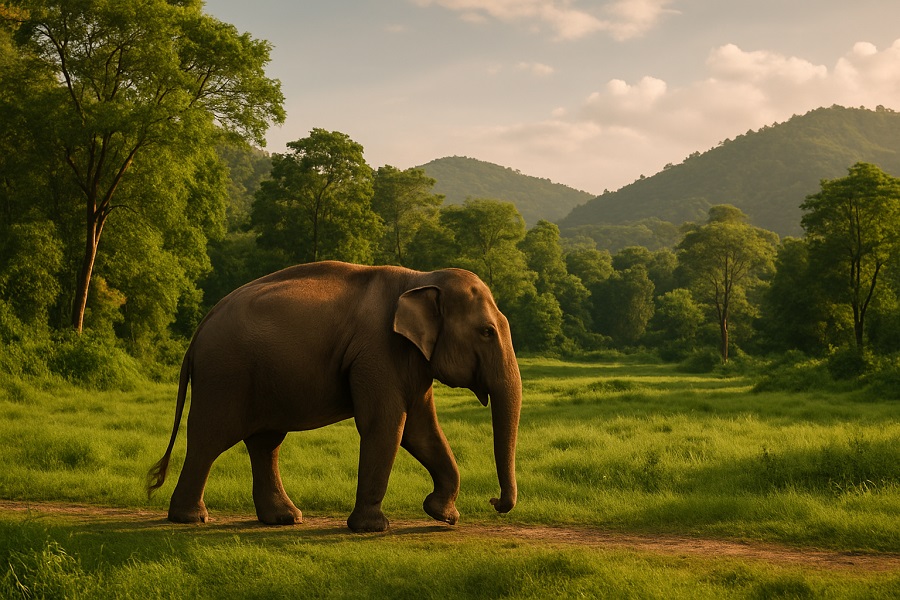
Introduction: Rethinking the Wildlife Encounter
For decades, traditional safaris and wildlife tourism have promised travelers thrilling, up-close encounters with exotic animals. But behind the photo ops, many such experiences have come under scrutiny for contributing to habitat degradation, animal stress, and exploitation. Today’s conscious traveler is seeking authentic, ethical wildlife experiences that preserve the dignity of animals and prioritize conservation over entertainment.
Welcome to the new face of wildlife travel — one that goes beyond the conventional safari and into a realm where respect, education, and protection lead the journey.
Ethical Wildlife Experiences: A New Kind of Adventure
Rather than chasing animal sightings in crowded jeeps, ethical wildlife travel emphasizes low-impact, intimate, and often slower-paced interactions. The goal isn't to conquer the wilderness, but to connect with it. This shift is not only better for the environment and the animals — it's also more rewarding for travelers who value meaning over adrenaline.
Let’s take a closer look at how travelers around the world can now engage with animals in more responsible ways.
1. Elephant Sanctuaries: Walking Beside, Not Riding On
In countries like Thailand, India, and Sri Lanka, elephant sanctuaries are rewriting the script. Organizations like Elephant Nature Park (Chiang Mai) and Wildlife SOS (Agra) rescue elephants from circuses, logging, and illegal tourism industries.
Here, tourists are invited to observe elephants in their natural behaviors — grazing, bathing, socializing — without riding, feeding, or invasive photo sessions. These sanctuaries also offer immersive educational programs about the plight of captive elephants and the broader conservation issues they face.
2. Conservation Parks That Educate and Empower
Traditional wildlife parks are evolving into conservation-led, community-powered spaces. Places like Gondwana Game Reserve (South Africa) and Periyar Tiger Reserve (India) focus not just on wildlife safaris, but on safeguarding biodiversity through anti-poaching efforts, local community involvement, and ecological monitoring.
At Gondwana, for instance, tourists can join Citizen Science programs, where they assist rangers in data collection — creating a hands-on learning experience while supporting actual research.
3. Birding Tours and Biodiversity Trails
From the Western Ghats of India to the rainforests of Costa Rica, ethical birding tours are attracting travelers seeking quiet, observational, and deeply respectful encounters with nature.
These experiences often support local communities who act as guides, trackers, and stewards of the environment. Trails like the Satpura Under Canvas (Madhya Pradesh, India) blend luxury camping with conservation tourism, where birdwatching is tied directly to habitat restoration.
4. Wildlife Corridors & Rewilding Experiences
An exciting new trend is the rise of rewilding tourism, where travelers can witness — or even contribute to — the return of species to areas where they’ve been extinct. Destinations like Scotland’s Highlands or India’s Aravalli Biodiversity Park are turning degraded land back into thriving ecosystems.
By participating in tree planting, camera trap monitoring, or guided ecological tours, visitors see the impact of their travel in real time.
The Role of the Ethical Tourist
Making the switch to ethical wildlife travel begins with asking better questions:
Does the facility prioritize animal welfare over guest entertainment?
Are animals allowed to roam, feed, and behave naturally?
Are profits reinvested into conservation, research, or local communities?
Is human interaction limited and non-intrusive?
Travelers hold tremendous power. By supporting only ethical wildlife operators, they shift the tourism economy away from animal exploitation and toward sustainability, empathy, and long-term preservation.
Conclusion: Wild and Free
The future of wildlife travel is not about domination or display — it's about partnership. As ecotourism continues to evolve, the most treasured animal encounters will be those that feel like a privilege, not a performance. By choosing ethical, conservation-driven experiences, travelers help build a world where wildlife stays wild, and our relationship with nature becomes more mutual, mindful, and meaningful.

















